Natural Remedies for Menopausal Hot Flashes
Menopausal hot flashes are a common and often uncomfortable symptom that many women experience during the transition into menopause. While hormone replacement therapy is a widely used treatment option, some women prefer to explore natural remedies to alleviate the discomfort. Let’s explore a few natural approaches to manage menopausal hot flashes
Understanding menopausal hot flashes
Hot flashes are sudden, intense feelings of heat that typically start in the chest and spread to the face and neck. They are caused by hormonal fluctuations, specifically a decrease in estrogen levels, which disrupt the body’s temperature regulation. Hot flashes can vary in frequency and severity, with some women experiencing them multiply times a day. While they are a normal part of menopause, finding relief is essential to improve overall well-being and daily quality of live.
Lifestyle modifications
Certain lifestyle modifications can help alleviate menopausal hot flashes. These include avoiding triggers such as alcohol, caffeine, and spicy foods, as they can exacerbate symptoms. Wearing layered clothing and using cooling techniques like fans or ice packs can provide immediate relief during hot flashes. Additionally, practicing stress-reducing techniques like yoga, meditation, and deep breathing exercises can help regulate body temperature and minimize the occurrence of hot flashes.
2. Herbal Remedies
Many women turn to herbal remedies to manage menopausal symptoms, including hot flashes. Black cohosh, a plant native to North America, has been shown to reduce the frequency and severity of hot flashes. Another popular herb is red clover, which contains natural compounds that mimic estrogen and can help balance hormonal fluctuations. Other options like dong quai, evening primrose oil, and sage have also been used traditionally to alleviate hot flashes.
**It’s important to consult with a healthcare professional before starting any herbal remedies, especially if you have pre-existing medical conditions or are taking other medications.
3. Mind-Body Techniques
Mind-body techniques such as acupuncture and hypnosis have shown promising results in managing menopausal symptoms, including hot flashes. Acupuncture involves the insertion of thin needles into specific points on the body to restore energy flow and balance. Hypnosis, on the other hand, uses guided relaxation and visualization techniques to help manage symptoms. Both approaches have demonstrated effectiveness in reducing the frequency and intensity of hot flashes. However, it’s essential to seek out qualified practitioners who specialize in treating menopausal women for efficacy.
The quest for natural remedies for menopausal hot flashes is pertinent as women navigate through this significant phase of life. While prescription medications may offer relief, exploring natural alternatives can be empowering. Whether you choose lifestyle modifications, herbal remedies, mind-body techniques or other means, it is crucial to remember that menopause is a transformative period that requires comprehensive self-care. Prioritizing well-balanced nutrition, regular exercise, stress reduction techniques, and adequate sleep become crucial. Embracing self-care practices not only alleviates hot flashes but also promotes overall well-being, empowering women to embrace this phase with grace and vitality!
Are you experiencing hot flashes and use an alternative method not mentioned here? Please share!
Share this:






